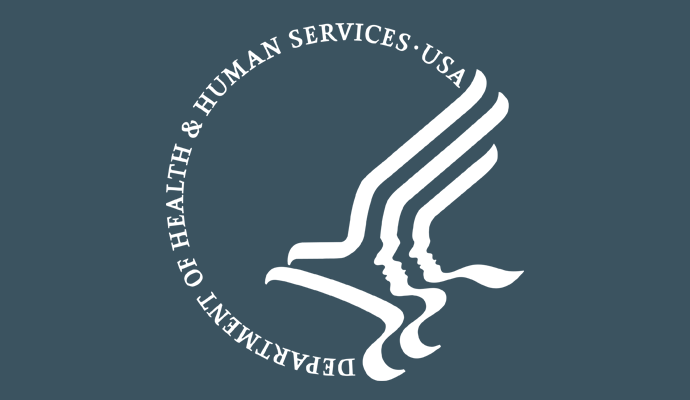
What You Should Know:
– A significant step forward was achieved recently in the joint initiative between the Office of the National Coordinator for Health Information Technology (ONC) and the Health Resources and Services Administration (HRSA).
– The collaboration focuses on improving data reporting for HRSA Health Center Program grantees, which serve medically underserved communities nationwide.
The Challenge: Time-Consuming and Fragmented Reporting
The HRSA Health Center Program, encompassing nearly 1,400 health centers and 15,000 service delivery sites, plays a vital role in providing affordable and accessible primary care. However, reporting for the Uniform Data System (UDS), which assesses program performance and tracks quality improvement efforts, has traditionally been a cumbersome process. This involved manual data extraction, aggregation across multiple formats, and engagement of various systems and personnel. This time-consuming burden diverted resources away from core patient care activities.
A Collaborative Solution: Leveraging FHIR Standards
Recognizing these challenges, ONC and HRSA embarked on a collaborative effort to streamline UDS reporting by aligning it with modern data sharing standards. This initiative utilizes the Fast Healthcare Interoperability Resources (FHIR®) standard developed by Health Level Seven International (HL7®). FHIR enables seamless data exchange through application programming interfaces (APIs), simplifying data transfer and reducing the need for manual intervention.
UDS+ FHIR Implementation Guide and Testing
To facilitate this transition, ONC and HRSA co-developed the UDS+ FHIR Implementation Guide (USD+ FHIR IG). Additionally, ONC collaborated with HRSA’s UDS Test Cooperative (UTC), a network of volunteer testers and implementers. The UTC played a crucial role in tailoring the USD+ FHIR IG to the specific needs of Health Center Program grantees, ensuring its real-world applicability.
Initial Success: Real-World Implementation and Reduced Burden
In April 2024, HRSA began accepting FHIR-enabled UDS submissions (UDS+). This marked a significant milestone, with an initial cohort of HRSA-funded health centers representing 2.2 million patients successfully submitting de-identified patient-level data using the new standard. This achievement, while in its first year of implementation, demonstrates the potential of FHIR-based reporting to significantly reduce administrative burdens for healthcare providers.
Benefits Beyond Efficiency: Improved Outcomes and Reduced Disparities
The transition to UDS+ offers a multitude of advantages:
- Reduced Reporting Burden: By automating data submission through APIs, UDS+ frees up valuable time and resources for healthcare professionals, allowing them to focus on patient care.
- Improved Data Quality: Standardized data formats and automated processes minimize errors and inconsistencies, leading to more reliable data for program evaluation and decision-making.
- Enhanced Public Health Initiatives: A more comprehensive view of health center patient needs empowers policymakers to target efforts for improved health outcomes and address disparities in underserved communities.
- Support for Innovation: UDS+ lays the groundwork for future advancements in quality improvement and program innovation within the Health Center Program.
Collaboration for a Healthier Future
The successful implementation of UDS+ exemplifies the power of collaboration between HHS agencies. By aligning and coordinating health IT activities, ONC and HRSA are paving the way for a more efficient and effective healthcare delivery system, particularly for vulnerable populations. This initiative serves as a testament to the positive impact of coordinated efforts within the Department of Health and Human Services in promoting a healthier future for all Americans.
